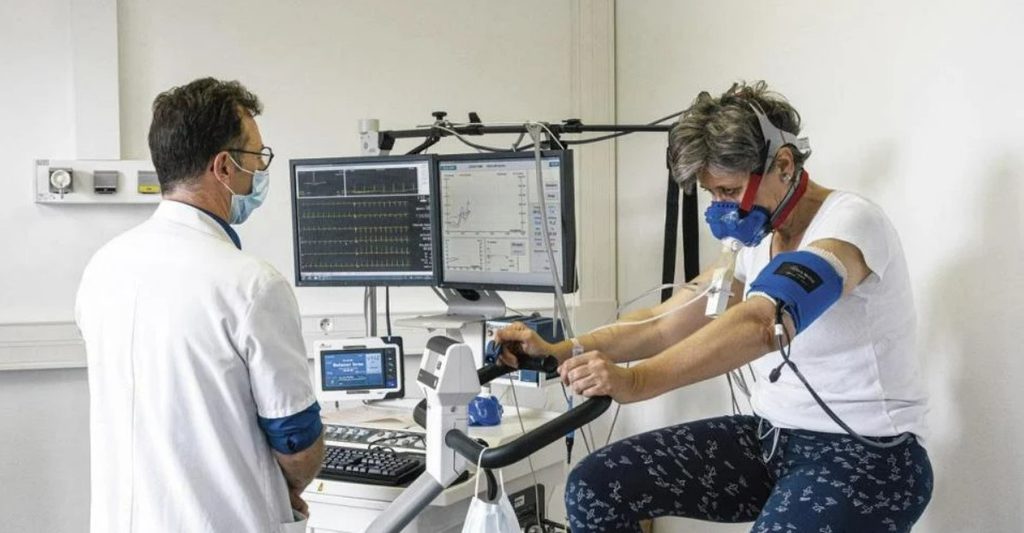Scientists have discovered a genetic variant linked to Long Covid, a chronic condition that develops after a Covid-19 infection, according to new research published on the MedRxiv website.
Long Covid is a chronic condition that develops after a Covid-19 infection. Its typical symptoms include muscle pain, shortness of breath, fatigue and memory and concentration problems – also known as 'brain fog'. Symptoms last for at least three months after infection, says the World Health Organisation (WHO). While hospitalisation and serious illness increase the risk of Long Covid, the condition also occurs in people who were not seriously ill.
For the study, the results of which have not yet been peer-reviewed, a group of scientists from several countries examined the entire genome of 6,450 patients with Long Covid from 15 countries and compared it with the genome of over a million people without Long Covid.
The human genome consists of 20,000 to 25,000 genes, which contain the 'instructions' for building and maintaining the human body. Occasionally, there are errors in these 'instructions', which are known as mutations.
Some are harmless, while others play a role in the development of disease. Previous research has showed that some mutations determine infection risk and severe illness in Covid infection. Whether mutations also increased the risk of developing Long Covid was not yet known.
In your genes?
The new study identified one gene that seems to play a significant role – FOXP4 – as it develops cells, tissues and organs, and is involved in the formation of blood vessels and the central nervous system.
FOXP4 mutations can have major health consequences, such as increasing the risk of certain cancers. Previously, these mutations were also associated with a higher risk of severe disease in Covid infection.
"FOXP4 is a gene that is active in the lungs and it is also related to the immune system," professor of family medicine Jan Verbakel (KU Leuven) told VRT. "It is therefore unsurprising that it also plays a role in severe Covid infections. After all, people who become seriously ill often end up in intensive care because their lungs can no longer control the inflammatory process."
These FOXP4 mutations now appear to also be associated with a higher risk of Long Covid. "This is why some people develop Long Covid and others do not," said Professor Elisabeth De Waele (VUB, UZ Brussel). "This is important information, also for people who are themselves affected by Long Covid. They often ask themselves the question: why me and not someone else?"
Related News
- Mycoplasma pneumonia has disappeared since pandemic, study finds
- 'Staggering increase' of Long Covid cases highlights need for further research
- Long Covid sufferers will have neuropsychological care reimbursed
She added that the study could also contribute to society's understanding of Long Covid patients. "I still very often see patients who do not feel recognised and are constantly misunderstood, as if it is all in their heads. Studies like this can change that."
This does not mean, however, that the risk of developing Long Covid is simply "in your genes" as only in very rare cases are diseases caused by mutations of one specific gene, said Verbakel. "Most diseases come from a wide range of factors, from genetics and upbringing to air quality, nutrition and exercise."
Long Covid, too, also appears to be the result of a complex interplay of several factors.

